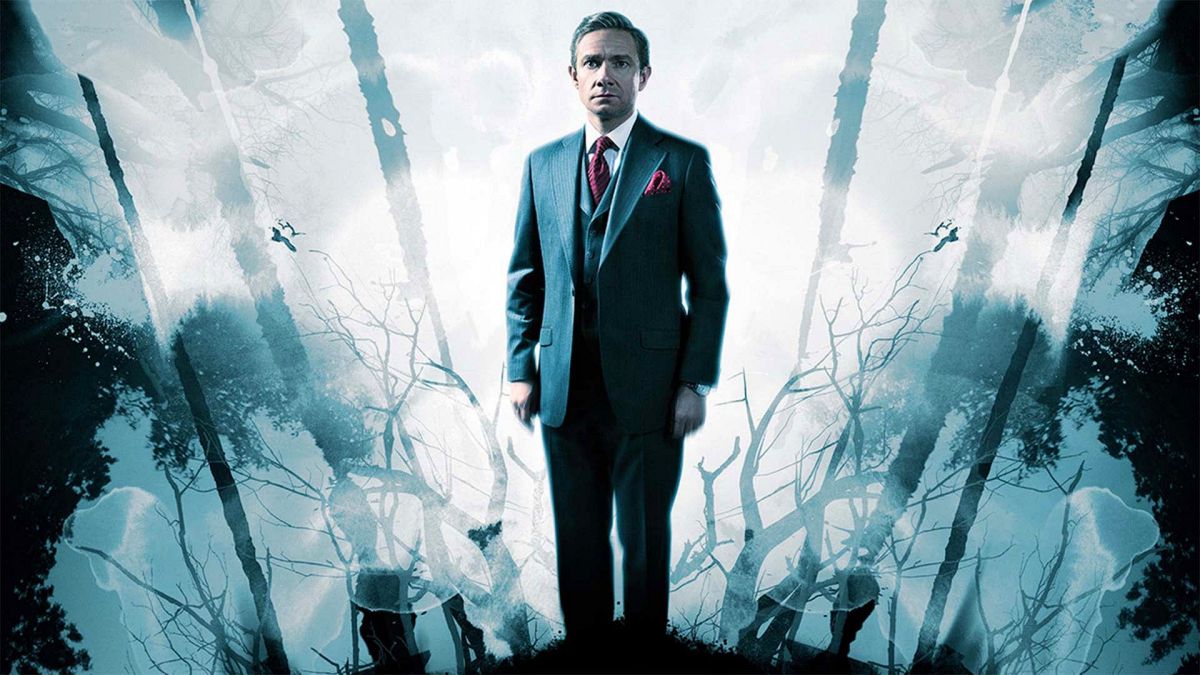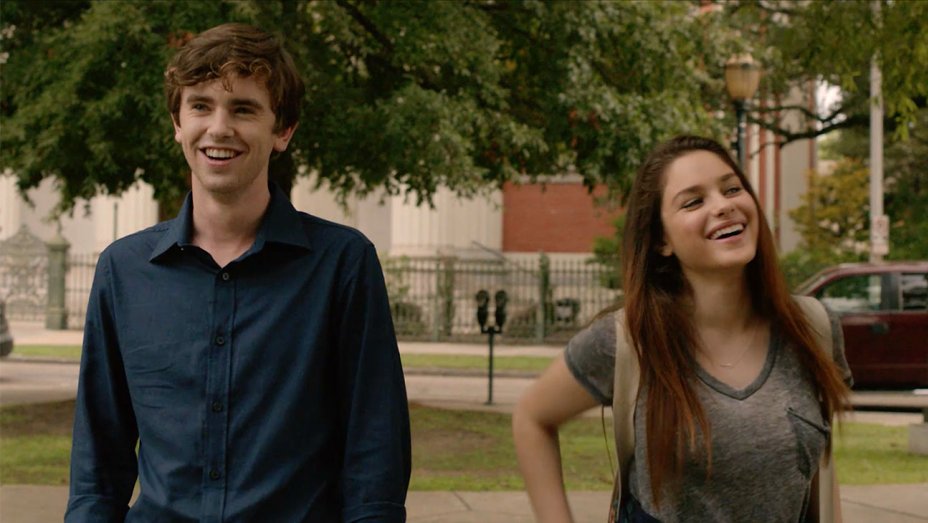Title: Philophobia
MPAA Rating: Not Yet Rated
Director: Guy Davies
Starring: Joshua Glenister, Harry Lloyd, James Faulkner
Runtime: 2 hours 5 minutes
What It Is: As Kai (Joshua Glenister) begins the last week of his school, he dances between the world he is entering and the one he is leaving behind.
What We Think: Kai is the tragic, talented soul of past movies. Growing up in a small town, surrounded by mediocre friends whose ambitions match the size of the town, infatuated with a girl who exists simply to fulfill her own tragedy. It’s the coming of age story retold so many times over we react unconsciously. Yet as relatable as this tale has become for the men, the story has, and should have, shifted for the female characters in the film, and yet in this one it has not.
Kai’s long stares between his window slats evoke a chilling realization that films still promote the idea of male infatuation and all the problematic issues that come with it. Grace’s (Kim Spearman) reluctance to leave an abusive relationship with Kenner (a disturbing Alexander Lincoln) is not so much troubling for her self victimization as her seemingly aloofness about it. The other female characters are inserted and removed at the will of the male interaction, not allowing us much more than a passive resistance stance amongst them. The dialogue is well written, and the characters seem so well fleshed out, including the bully Kenner, so it feels even more purposeful that the women are not.
The belief is that the film is meant to evoke that feeling of evolution Kai feels as he moves from the safety net of his two quirky friends and all that he knows, and this is one of self-discovery that adolescents relate to and in many ways need. But the very strong arc of Kai’s infatuation overshadows the tale and a feeling that we need to teach young boys is NOT love.
Our Grade: C, The cinematography is amazing, the angles, all the steps combine to a warmth on film that evokes comfort in the small town. The dialogue is well written and a testament to writers Matthew Brawley and Guy Davies. Unfortunately, the story itself took its gifted stance and utilized it to promote the same issue every coming of age story before it dwelled in, leaving it two decades too late to overlook.

